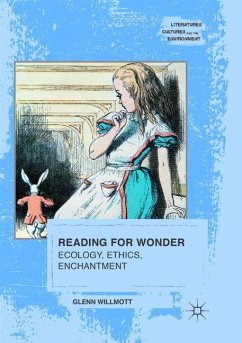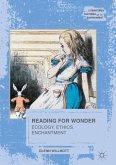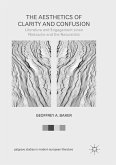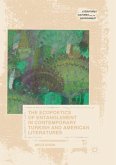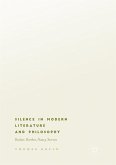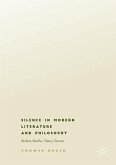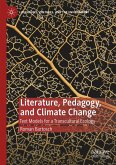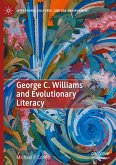In a world awash in awesome, sensual technological experiences, wonder has diverse powers, including awakening us to unexpected ecological intimacies and entanglements. Yet this deeply felt experience-at once cognitive, aesthetic, and ethical-has been dangerously neglected in our cultural education. In order to cultivate the imaginative empathy and caution this feeling evokes, we need to teach ourselves and others to read for wonder. This book begins by unfolding the nature and artifice of wonder as a human capacity and as a fabricated experience. Ranging across poetry, foodstuffs, movies, tropical islands, wonder cabinets, apes, abstract painting, penguins and more, Reading for Wonder offers an anatomy of wonder in transmedia poetics, then explores its ethical power and political risks from early modern times to the present day. To save ourselves and the teeming life of our planet, indeed to flourish, we must liberate wonder from ideologies of enchantment and disenchantment, understand its workings and their ethical ambivalence, and give it a clear language and voice.
Bitte wählen Sie Ihr Anliegen aus.
Rechnungen
Retourenschein anfordern
Bestellstatus
Storno

